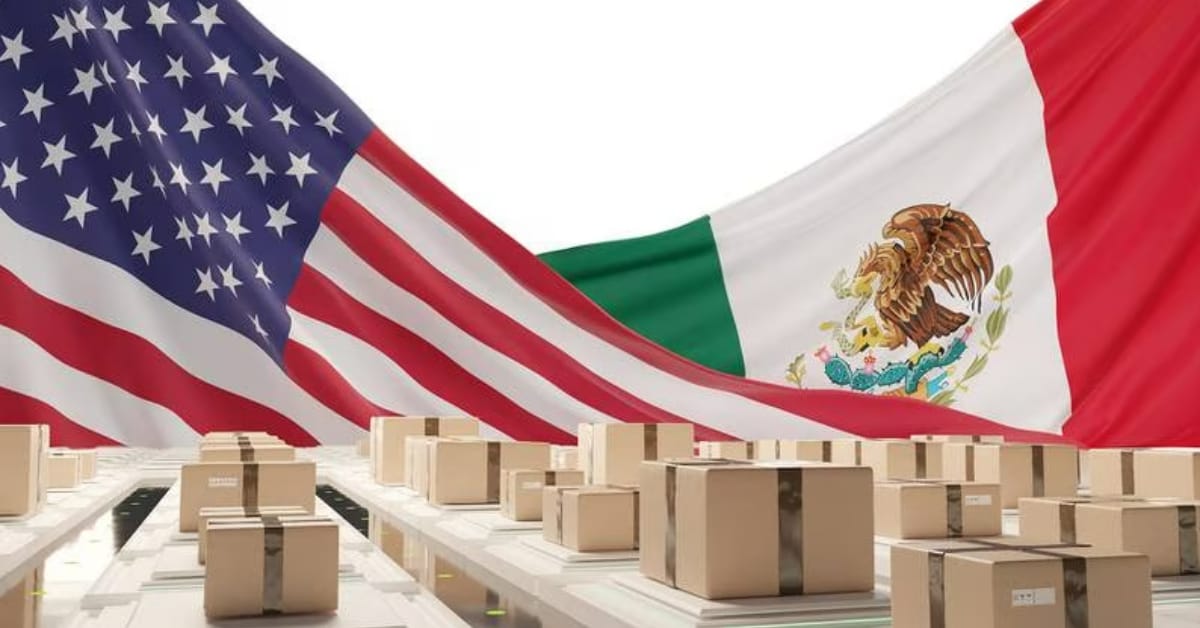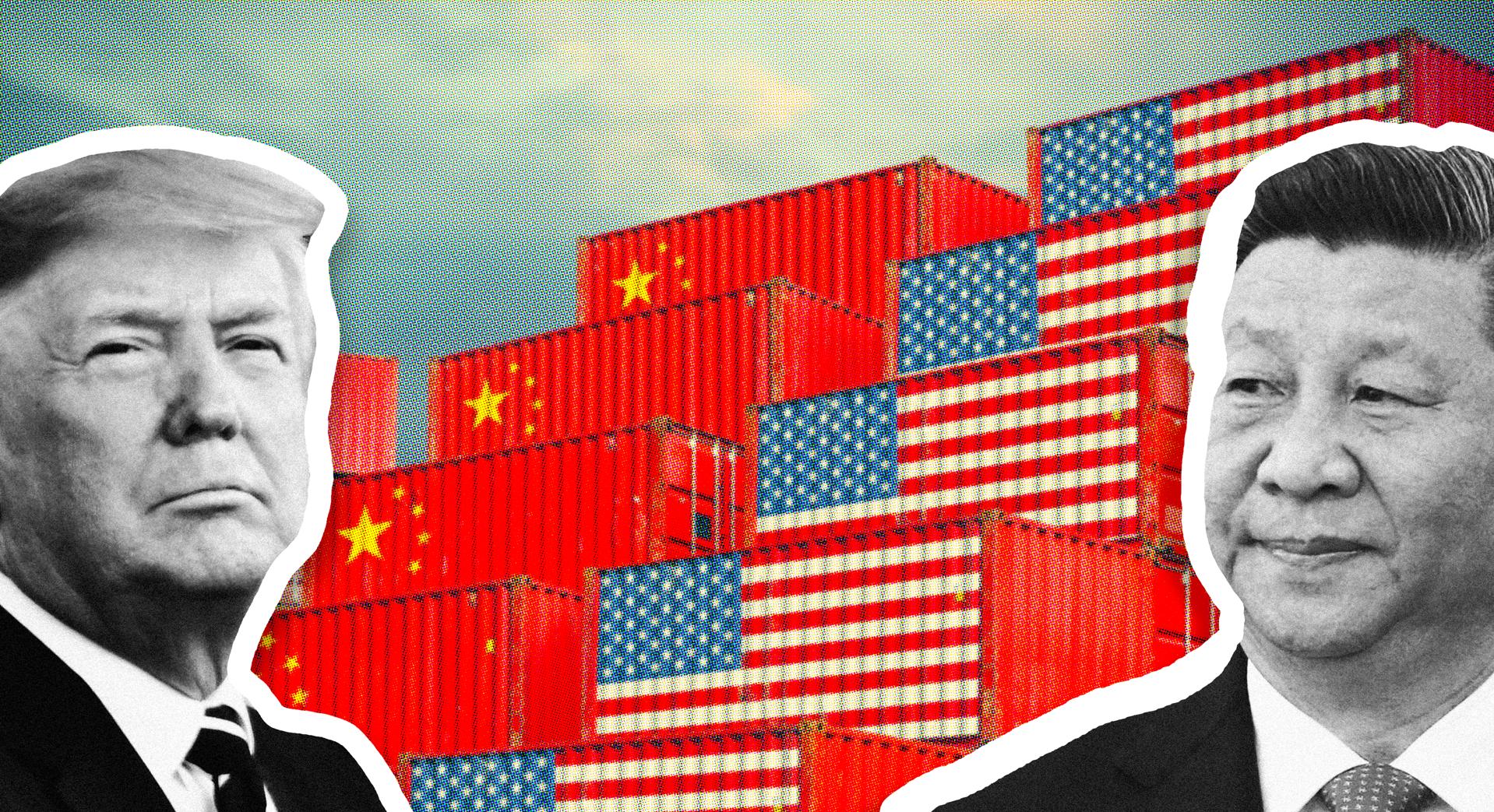Let’s be brutally honest: the US’s so-called ‘reciprocal tariffs,’ slapped on the world via executive order, are a disaster. Frankly, it’s economic malpractice masking as policy. Not only does it fly in the face of basic economic principles and market realities, but it’s a slap in the face to the natural flow of global trade and the benefits of cooperation.

Since April 2nd, these tariffs haven’t fixed a single problem for the US economy. Instead, they’ve actively shredded the international economic order, disrupted businesses and supply chains, and – crucially – hurt consumers. It’s a self-inflicted wound, plain and simple.
China has consistently maintained its position on the US-China trade relationship, and it remains unchanged: Trade wars are a zero-sum game, and protectionism is a dead end. As the old Chinese saying goes, ‘He who ties the bell should untie it.’
We’re now urging the US to listen to reason – the chorus of voices from the international community and from within its own borders. It’s time for Washington to take responsibility for this mess and begin correcting its course by completely abandoning these misguided tariffs. Returning to mutual respect and solving disputes through equal dialogue is the only path forward.
A Deeper Dive: Understanding Reciprocal Tariffs
Reciprocal tariffs are essentially a tit-for-tat approach to trade. One country imposes tariffs on goods from another, and the second country responds with tariffs on goods from the first.
This is often presented as a way to ‘level the playing field,’ but it rarely works out that way. The reality is, tariffs increase costs for businesses and consumers, leading to higher prices and reduced demand.
They disrupt established supply chains, forcing companies to find alternative sources, often at a higher price. Furthermore, they can escalate into broader trade wars, damaging overall economic growth and international relations.
Ultimately, the ‘reciprocity’ argument is a smokescreen for protectionist policies that benefit few while harming many.






